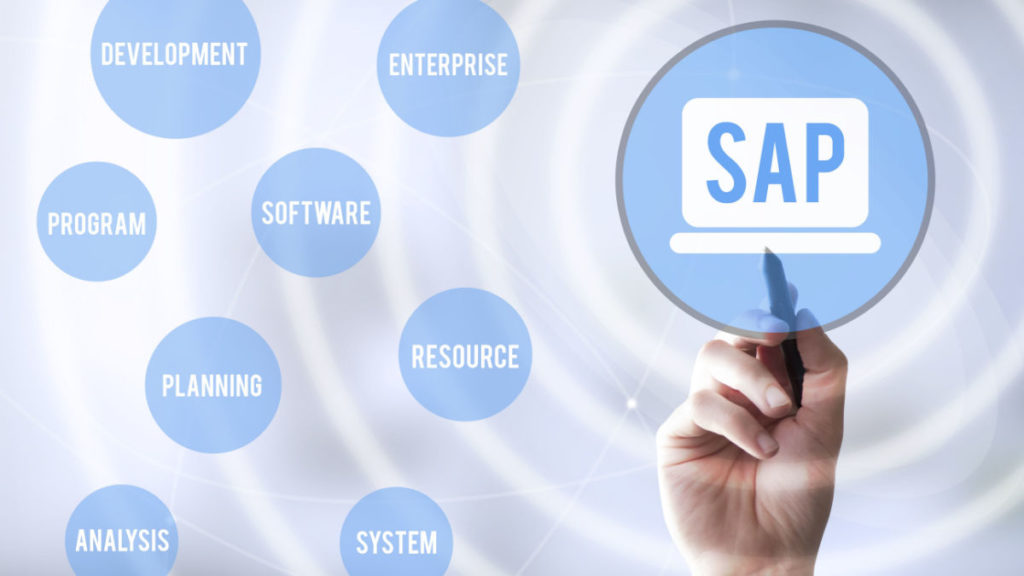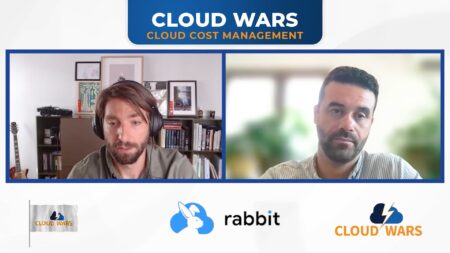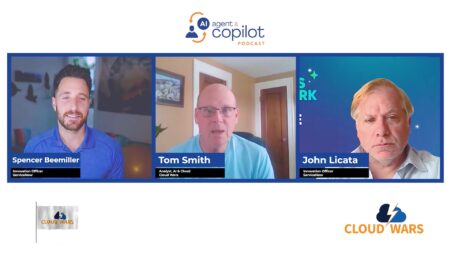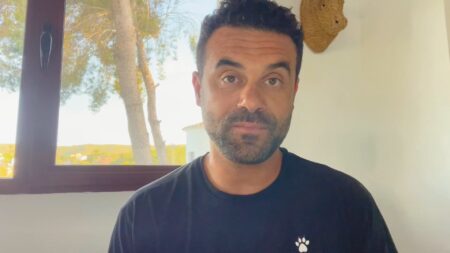
Several months ago, before high-flying Salesforce took the Icarus arc and came crashing back to Earth, CEO Marc Benioff pointed out that Salesforce’s quarterly revenue had surpassed SAP’s comparable figure and thereby made Salesforce the world’s largest enterprise-apps vendor.
It was indeed a noteworthy achievement, and at the time appeared to presage a new era of preeminence for Salesforce and Benioff.
But as so often happens with appearances, that one was wildly deceiving as since then we’ve seen that Salesforce’s reign as the world’s largest enterprise-apps vendor came to a crashing halt after a single quarter at the top.
If we look at the most-recent results for each company, here’s the comparison that shows SAP’s latest sales total beating Salesforce’s by 17%:
- Salesforce: revenue of $7.84 billion for the quarter ended Oct. 31
- SAP: revenue of $9.195 billion for the quarter ended Dec. 31
Now, it’s certainly possible that in late February when Salesforce releases its fiscal-Q4 results for the quarter ended Jan. 31, its revenue will have soared to $9.2 billion. I’ve highlighted the word “possible” because we don’t have any official insight from Salesforce on which to base such a projection because the company decided not to issue any guidance during its Nov. 30 earnings call, saying that the market was too muddled to read. That inability or unwillingness to offer revenue guidance came along with a sharp drop in Salesforce’s growth rate to 14%, marking the only time in at least the past five years that figure has been less than 20%.
That complete lack of guidance was, to say the least, a very odd position to take for a world-renowned company built on helping its customers track and project revenue.
Meanwhile, over at SAP, the company’s excellent performance in the cloud in not only Q4 but also throughout 2022 led CEO Christian Klein to forecast that SAP’s 2023 cloud revenue will grow between 22% and 25% in constant currency to a range of $16.68 billion to $17.11 billion.
Here are some comments from Klein from last week’s earnings call that illuminate why he and the company are bullish on the coming year.
- Huge Cloud Deals: Asked about the rising number of very large cloud deals, Klein said, “This is also a signal that with deals like BMW and Porsche and Merck, there are a lot of large enterprises now following our move. And, of course, they have a certain ramp in their contract, so we’re actually super confident that we already have the backlog to deliver on our ambition for 2023.”
- Bullish Guidance for 2023: Asked about the ambitious guidance for 2023, Klein said, “There will be a reacceleration in the cloud, no matter if it’s now with customers like BMW, where we are driving automation in manufacturing, in finance where we are working on analytics, or if we’re working on the supply chains of this world to make them more resilient. Or last but not least, if we are helping customers like Exxon and others to measure [sustainability] in a standardized way and act on circular and other sustainability capabilities. The pipeline is actually very strong, and we are as confident as we have been last quarter.”
- “One of our most successful offerings ever”: In his opening remarks, Klein offered this remarkably bullish view on the success of SAP RISE, its highly innovative and so far unmatched two-year-old customer-engagement program: “RISE with SAP is at the heart of our strategy and is one of our most successful offerings ever.”
- Why customers are choosing RISE: Chief customer-success officer Scott Russell offered this perspective on RISE: “The reason why thousands of customers are choosing SAP and RISE with SAP is because the market today needs companies they trust. More than ever, trust in the technology, trust in the partnership, trust in the capability that delivers scale, resilience, and outstanding capabilities that help them navigate whether it be supply chain or sustainability or other aspects.”
- Concur bounces back: Concur revenue returned to what CFO Luka Mucic called its “pre-pandemic levels” with growth in the mid-20’s.
Final Thought
As I’ve noted here before, nobody in the Cloud Wars owns first place in any part of this remarkable market. Each company has nothing more than a temporary lease that can be pulled at any time by the ultimate landlords — the customers.
Salesforce, we’ll see if you can close the gap on SAP for your FY23 Q4 ending Jan. 31.
Register here for your on-demand pass to view all content from Partners Ecosystem Digital Summit. The digital event, which took place on April 20, focused on analyzing the business and IT imperatives around cloud, AI, automation, data modernization, and cybersecurity that define the future of partnerships.









